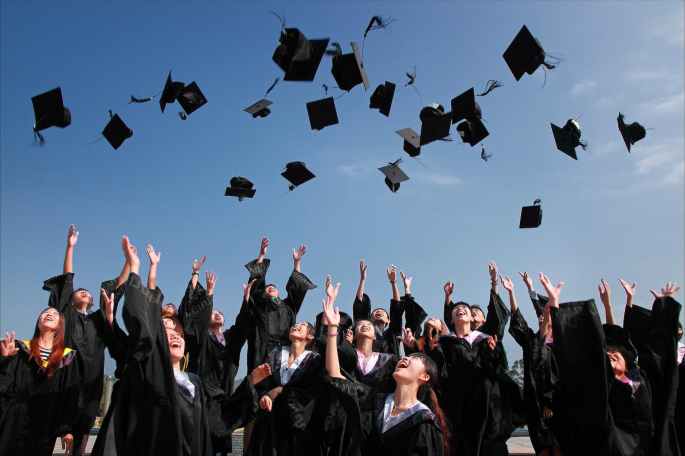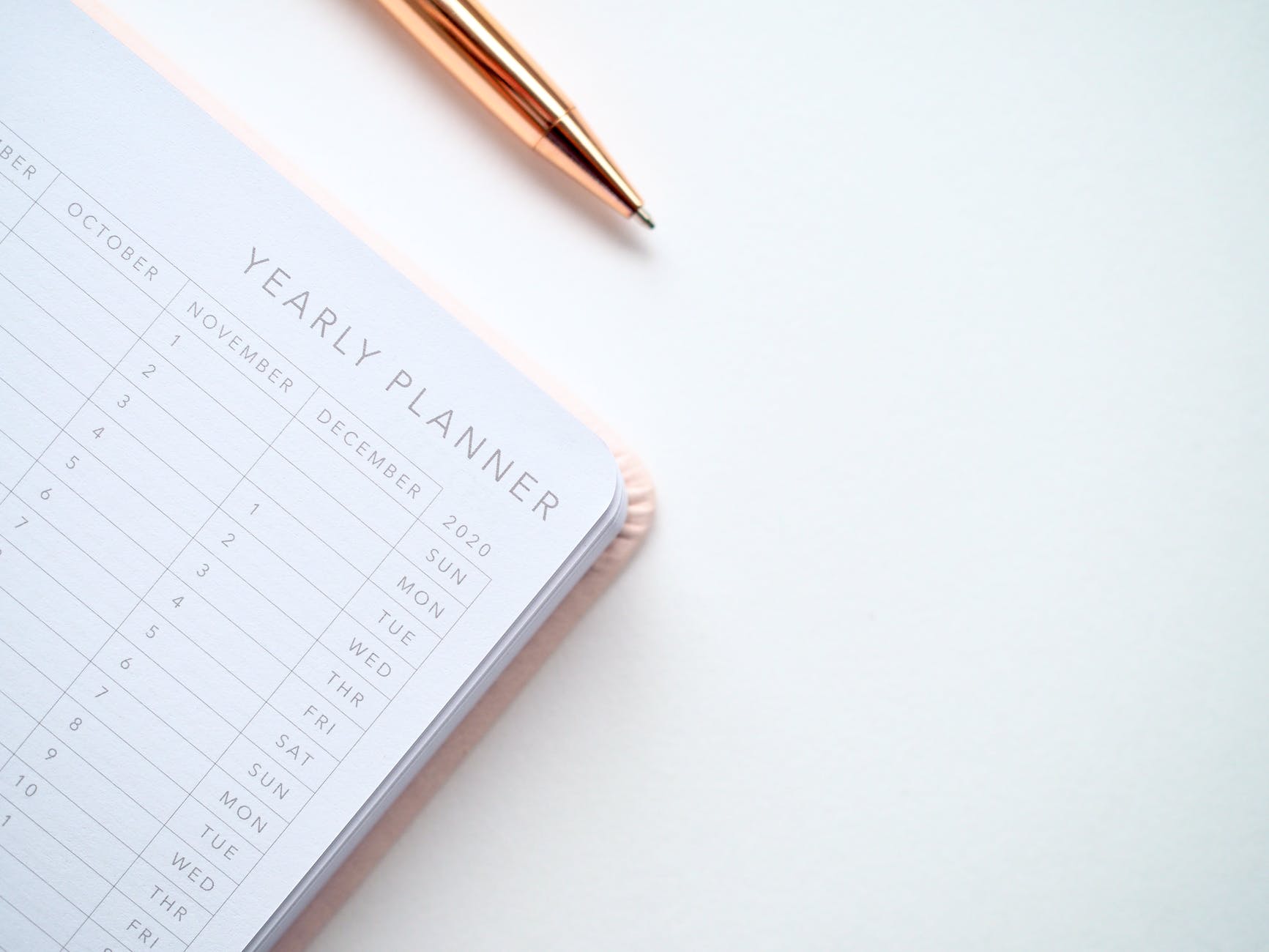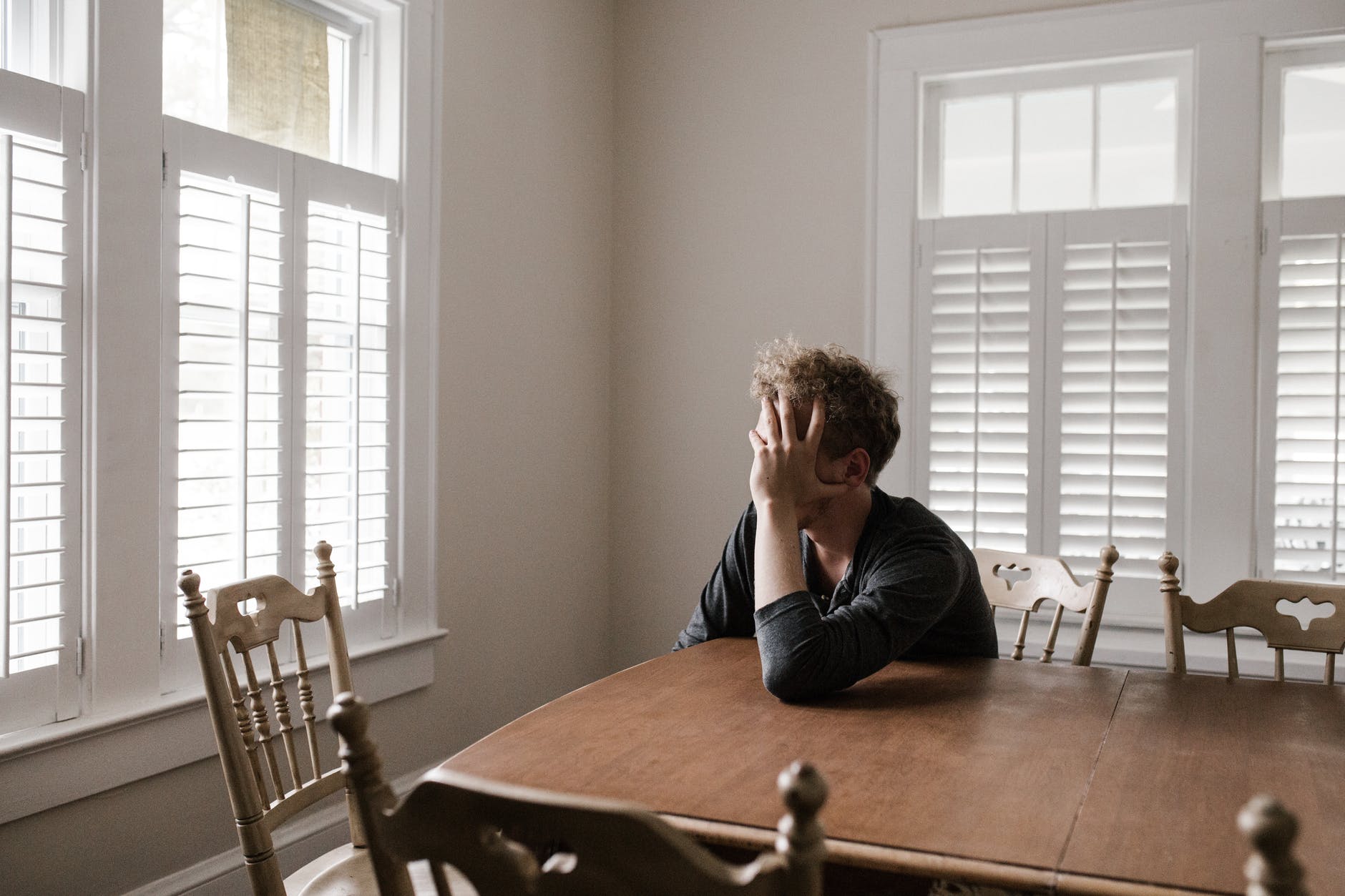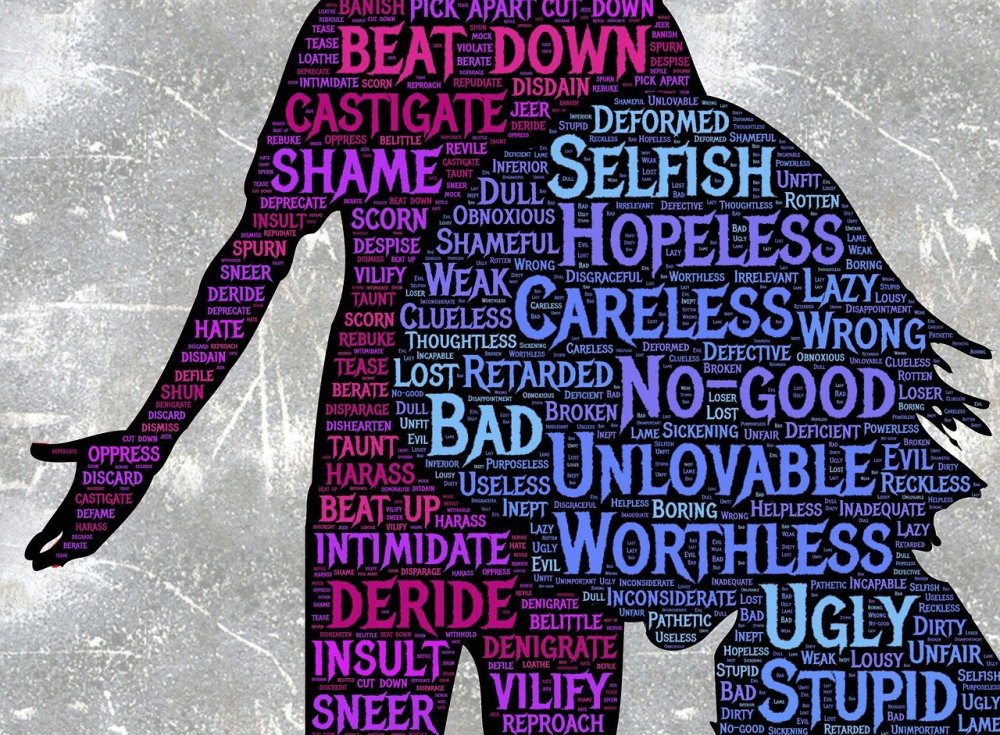I’ve attended a number of different colleges, and collected a nifty collection of letters after my name. I value education, and I think it is important to always be a life-long learner. Whether that is in formal studies, or through other means, it is important to constantly be improving ourselves and what we are doing.
WAAPA@ECU
My first qualification was an Advanced Diploma of Performing Arts from WAAPA@ECU (WA Academy of Performing Arts at Edith Cowan University). Heading straight here from high school, I threw myself into my studies and performing. Here I got to study from teachers such as Jacek Slawomirski, Rebecca White, and Peter Tanfield, as well as lecturers who challenged and extended my musical knowledge.
Upon graduating, I transferred to complete a Bachelor of Music at WAAPA@ECU, which was another 18 months. When I completed that, I felt like I had enough of university, and went off to try and make it in the world. In hindsight, I should have stuck out an extra year to get a Graduate Diploma of Education, as it would have been incredibly helpful.
University of Divinity
When I was accepted to the Salvation Army Training College to become a Salvation Army Officer, the formal studies were conducted under the auspices of the then Melbourne College of Divinity. While I was there, there was significant changes underway. MCD changed from a college to a university and first became the MCD University of Divinity, and then finally the University of Divinity. The Melbourne based Salvation Army Training College also changed names, first becoming (if I remember correctly) Booth college, before being corrected to Catherine Booth College (and would later combine with Booth College from Sydney to become Eva Burrows College).
Here, I started with a Graduate Diploma of Theology, before moving onto a Master of Divinity, which was mostly completed through Whitley College, the Baptist college of divinity which was also part of the University of Divinity. The biggest part of this was a research project where I explored my own experiences of combining an Activist and Contemplative faith, with the history of The Salvation Army in the actions of the Maiden Tribune affair.
ECU School of Education
After moving back to Western Australia, I enrolled in a Master of Teaching at ECU in order to become a music teacher. Here I explored Classroom management strategies, as well as refining my musical pedagogy knowledge. I initially went in only wanting to be an instrumental teacher, but when I got into the classroom, I loved it and never wanted to leave. I graduated at the end of 2022, and walked straight into a fantastic role that while daunting, I am absolutely loving.
So there’s my colleges, and all the studies which led me to be Ben Clapton, MTeach, MDiv, GradDipTheol, BMus, ADPA. There are no plans to add in any extra letters at this stage… but who knows what the future may hold.





















